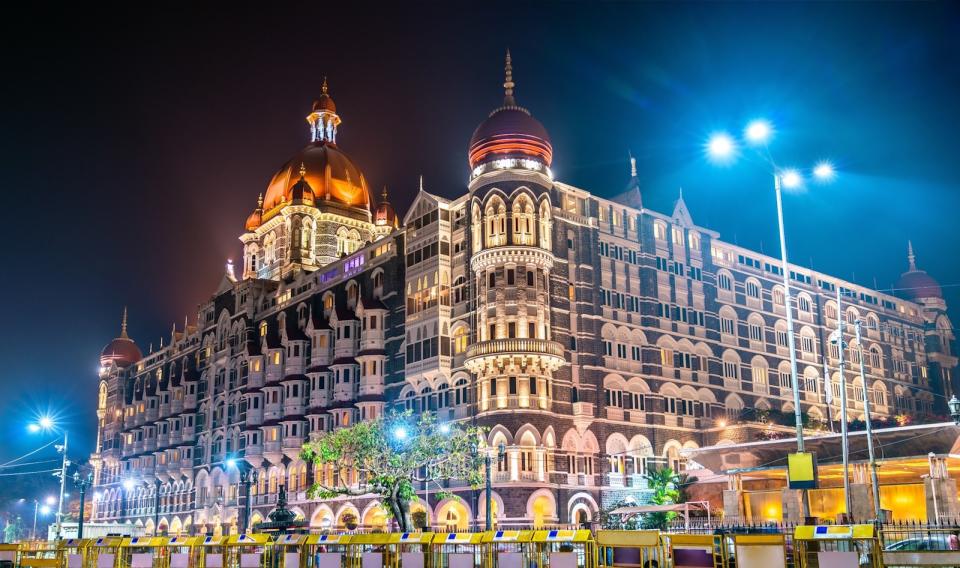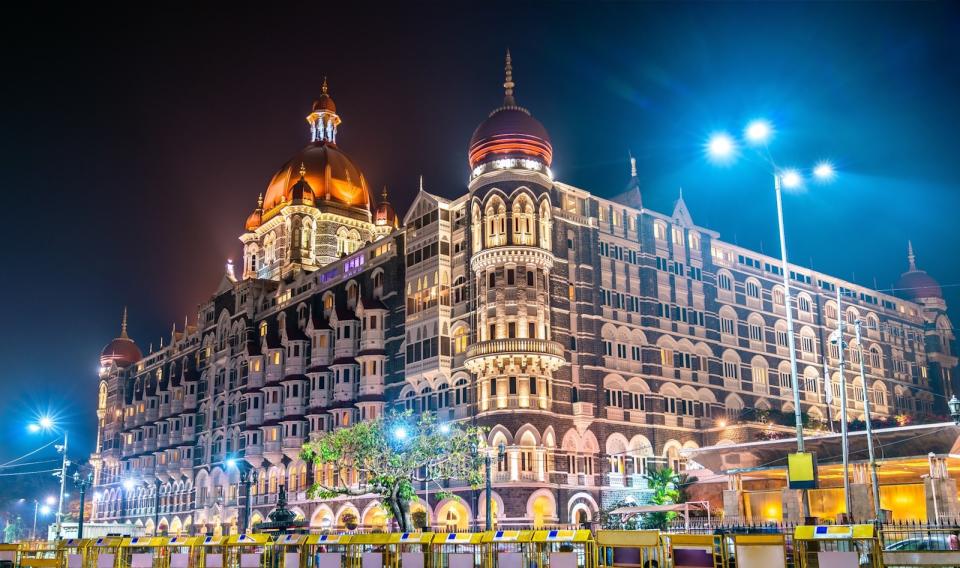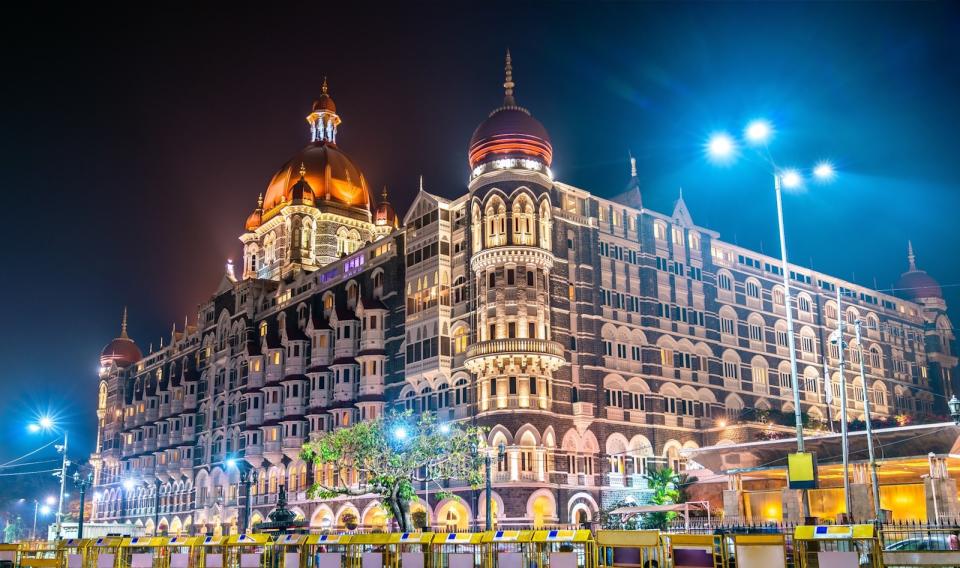The video game industry is finally asking where the women are
In nearly a decade of covering video games, I've never seen anything like this.
Ubisoft is participating in the Women in Gaming Rally at GDC this week.
It's one of the first things the 20 or so journalists pooled between the open bar and the canapes on the second floor of Hotel Zetta were told -- mentioned right after the evening's embargo information and just before spokespeople split the reporters into three groups and shepherded them to their appropriate meetings. There were three sessions, each 20 minutes long and covering distinct topics: Online ecosystems, artificial intelligence, and new studio openings. After each session, the groups would rotate to see the next presentation, for an hour total of on-the-record, Ubisoft-centric back-patting and glad-handing.
But before any of that, Ubisoft representatives wanted reporters to know the studio would participate in the Women in Gaming Rally at GDC. This was the one hosted by Microsoft and held at the Jewish Contemporary Museum on Tuesday, not to be confused with the Women in Games International networking event sponsored by PlayStation and held at the headquarters of a local non-profit, also on Tuesday. That first one -- Ubisoft would be there.

The journalists broke into their groups. In the rear conference room, Jean-Philippe Pieuchot, the managing director of Ubisoft's studio in Pune, India, began his presentation with exciting news of the company's new outpost in Mumbai. The plan is to open in June and employ as many as 100 people within two years, with an emphasis on bringing aboard programmers and artists to bolster the company's portfolio of AAA games. Ubisoft Mumbai will collaborate with the Indian Institute of Technology Mumbai and France's Intuit Lab, two highly regarded schools awash with fresh talent.
In the middle of the presentation, Pieuchot flipped the slide to show off a photo of the Mumbai leadership team, seven people covering roles from Art Director to Technical Lead. Seven people who all happened to be men.
It wasn't surprising. It's not an anomaly in the video game industry to see a leadership lineup without any women, but the Ubisoft Mumbai image was striking. It felt tailor-made for the meme factory, begging someone to scrawl, "Game development in 2018" in big block letters across the bottom. It was notably out-of-touch and tired. In my notes, I wrote, "Sigh."
The presentation carried on. Michael Burk, director of corporate PR, introduced Ubisoft's other new location opening in Odesa, Ukraine -- the studio heads couldn't be at GDC, so he kept it simple and short. Then he opened the room to questions.
And something strange happened. After the customary beat of silence, one reporter asked, "In the leadership slide you showed for Mumbai, how come there are no women? It was all men."

I feel the need to clarify here. Of the 20-odd journalists at the Ubisoft briefing, just two were women, including myself. Again, this gender disparity wasn't out of the ordinary -- but the question itself was.
I've been to seven GDCs and countless E3s, PAXes and CESes; I've been covering the video game industry for major outlets since my senior year of college in 2011. I've been hit on after interviews; I've been asked if I "actually play video games"; I've been greeted before meetings with, "Look, they sent the hot one."
I have never heard a reporter ask this question. I have never heard it asked so directly of a developer, especially not by a man, especially not in a room full of men, and especially not when prompted by a single slide, a side note to the larger story. Ubisoft is expanding to Mumbai. Isn't that exciting?
"How come there are no women?"
I wasn't going to ask it myself. Nearly a decade of trade shows and PowerPoint presentations from major video game publishers had rendered me nearly numb to the realities of gender roles in the industry. This was just another slide in another show at another conference where the lack of women in leadership roles was considered normal. Business as usual. Click, next slide.
"How come there are no women?"
Pieuchot and Burk responded with the appropriate statistics and promises -- 27 percent of Ubisoft's overall leadership roles are held by women; they want to do better and new recruitment efforts in these regions will absolutely help -- but what they said matters less than the fact that they were forced to say it.
"How come there are no women?"
It's easy to see why this question would appear here, now. Ubisoft primed the pool with the mention of the Women in Gaming Rally (and this is the company whose technical director once famously said creating playable female characters would have "doubled the work" for animators), right before showing off an all-male management slide. Through movements like #MeToo, society is awake to the lack of female leadership at most major companies and is finally taking seriously reports of sexual harassment and discrimination in the workplace. Today, seeing a lineup of male leaders at a video game studio -- especially after extolling the company's involvement in a female-empowerment workshop -- looks as tone-deaf as sacrificing a goat for the launch of a game, asking fans to "take out a hit" on their friends over the color of their hair or size of their genitals, or saying a game offers an expansive connected universe when it really doesn't. It's another reason to call out Ubisoft, as if they just announced a new, shady Season Pass scheme.
"How come there are no women?"
This isn't only Ubisoft's burden to bear. Images of all-male leadership teams are all-too common in the video game industry. Questions about them, however, are not.
"How come there are no women?"
This question, asked just once across all three sessions, doesn't mean the video game industry is cured of gender-based discrimination or unconscious bias. It doesn't mean sexism has been defeated and the industry now exists in a beautiful, post-gender utopia. It doesn't mean any of these things. But it did happen. And that's something.













